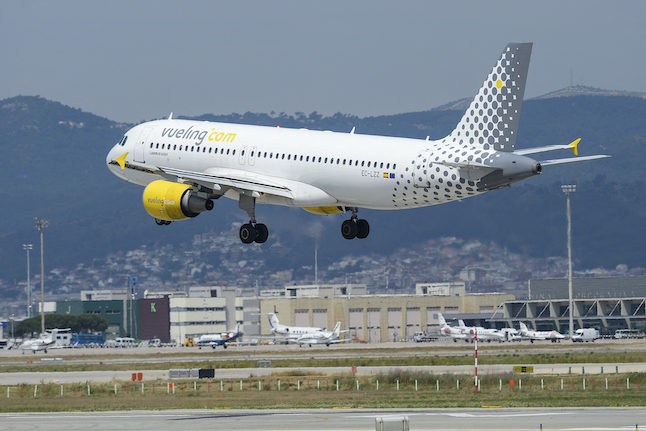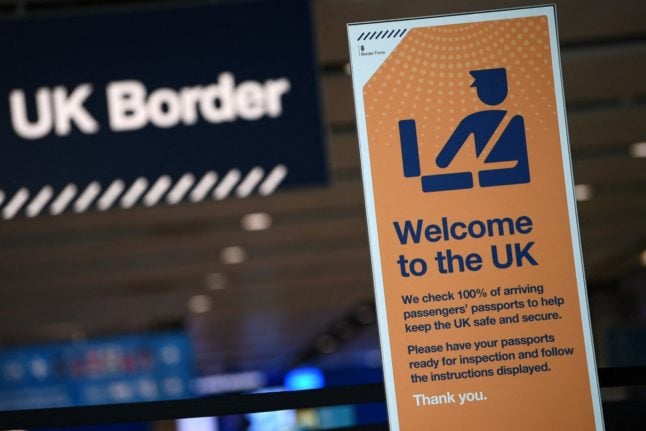It looks like 2023 is going to be a good year for travel if you live in Spain as there are many new transport routes, reaching cities across the country. While some are entirely new routes, others will be starting up again after stopping during the Covid-19 pandemic.
From Madrid:
- Cathay Pacific started flying to Hong Kong, China on October 2nd, 2022 and will continue into the new year.
- Korean Air will be connecting Madrid with Seoul, Korea from March 26th, 2023 with three flights a week.
- Norwegian Air will be operating routes between Copenhagen, Denmark and the Spanish capital from June 22nd 2023 twice a week.
- Aeroméxico will be offering flights to both Monterrey and Guadalajara in Mexico from March 2023 with 3-5 per week and from June 1st, 2023 one per day.
From Barcelona:
- United Airlines will be flying between Barcelona and Chicago, US from May 6th 2023 (seasonal service only).
- Level airlines started to operate flights between the Catalan capital and Santiago, Chile from October 30th 2022, 3 times a week and then 4 times from December 5th 2022.
- Level also started offering 5-7 flights a week to Buenos Aires, Argentina from November 5th, 2022 and will continue to do so in 2023.
READ ALSO: Everything that changes about travel in Spain in 2023
From Málaga:
- United Airlines will be offering flights between the Andalusian city and New York three times a week from May 31st 2023.
- Eurowings will be opening the first direct flight from mainland Spain to Cape Verde from April 2023, which will operate twice per week.
From Murcia:
- easyJet will be launching a new route between Manchester, UK and Murcia between March 28th and September 26th, 2023 with four weekly flights.
- The airline will also be running routes between London, Luton and Murcia three times a week from April 1st 2023.
From Vigo:
- Air Nostrum will connect Vigo with London three times a week in the high season and two in low season from April 2023.
From Bilbao:
- Low-cost airline Volotea will be offering a new route between the Basque city and Marrakech, Morocco from May 27th 2023.
- Air Cairo also launched a new route between Bilbao and the Egyptian capital from October 31st 2022.
Ferries
Brittany ferries will be opening up and selling its routes to Spain from March 2023.
- Portsmouth to Bilbao – Two sailings per week (31 hours 30 mins to 36 hours overnight (two-night).
- Portsmouth to Santander – Two sailings per week (28 hours 30 mins to 33 hours 30 mins overnight or two-night).
- Plymouth to Santander – Two sailings per week (20 hours 15 mins overnight).
- Rosslare, Ireland to Bilbao – Brittany Ferries also launched the Rosslare, Ireland to Bilbao mini cruise in late 2022 and will be continuing this offering in 2023. The Salamanca will sail from Rosslare to Bilbao twice weekly. The journey will take around hours with one to two nights spent on board.
And within Spain…
Trains
Iryo – From March 31st 2023, the new high-speed rail operator Iryo which launched in November 2022, will start running trains from Madrid to Seville, Málaga, Córdoba and Antequera in the southwestern region of Andalusia. And on June 2nd, it intends to launch its route to the eastern coastal city of Alicante (via Albacete).
Ouigo
Ouigo, another high-speed train network, also plans on extending its network in 2023 and towards the end of the year will offer round trips to Seville, Málaga, and Córdoba from Madrid.



 Please whitelist us to continue reading.
Please whitelist us to continue reading.
Member comments